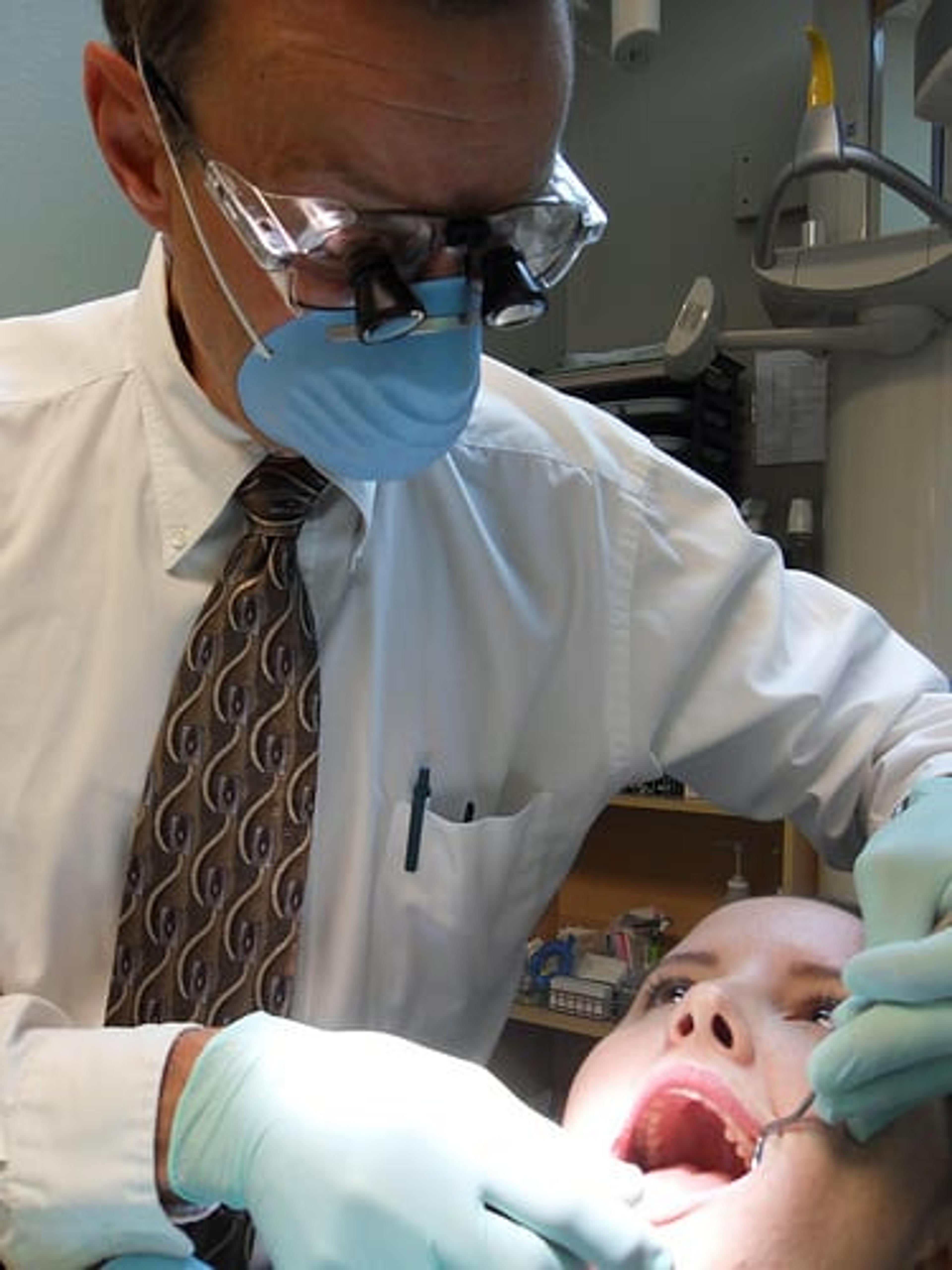What does a dental plan typically cover?

Dr. Gary Vance
| 2 min read

When most people think about health insurance, they typically think about covering the cost of illnesses or medical procedures. How familiar are you with another type of insurance just as important for your health: dental insurance.
While medical insurance is typically designed to cover the cost of diagnosing and treating illnesses, dental insurance works a bit differently. Dental insurance is designed to provide patients with preventive treatment, rather than curative, because most oral diseases can be avoided with proper care. Choosing to ignore routine dental care can have a serious cost to both your mouth and wallet, making proper oral maintenance important for your teeth in the long-run.
So what does a typical dental plan look like? In general, most dental plans offer three levels of coverage: preventive, basic and major.
Preventive
Almost all dental plans cover basic preventive and diagnostic dental care meant to keep you healthy and prevent future problems, diseases or major procedures. This typically includes cleanings once or twice a year, exams and x-rays – enough to help you maintain proper oral health.
Basic
At the next level, some dental plans also cover basic care. While these procedures are routine, they typically go beyond preventive care. This may include fillings, extractions and even root canals.
Major
The cost of major dental care can be steep. This can include dental surgery, dentures, crowns and bridges, and even in some cases, implants.
Everyone’s dental needs are different, and therefore it’s important to look at you and your family’s oral health and select a plan that best fits your needs. Remember, dental diseases are preventable. Scheduling routine visits to your dentist for you and your child starting when they are one-year-old can go a long way in maintaining good oral health and avoiding future complications.





